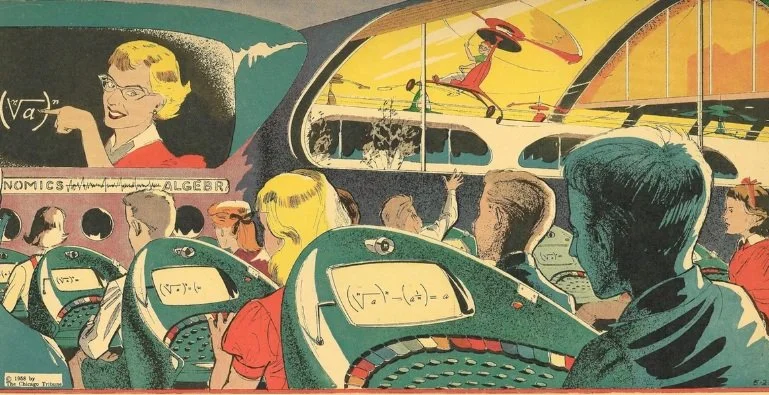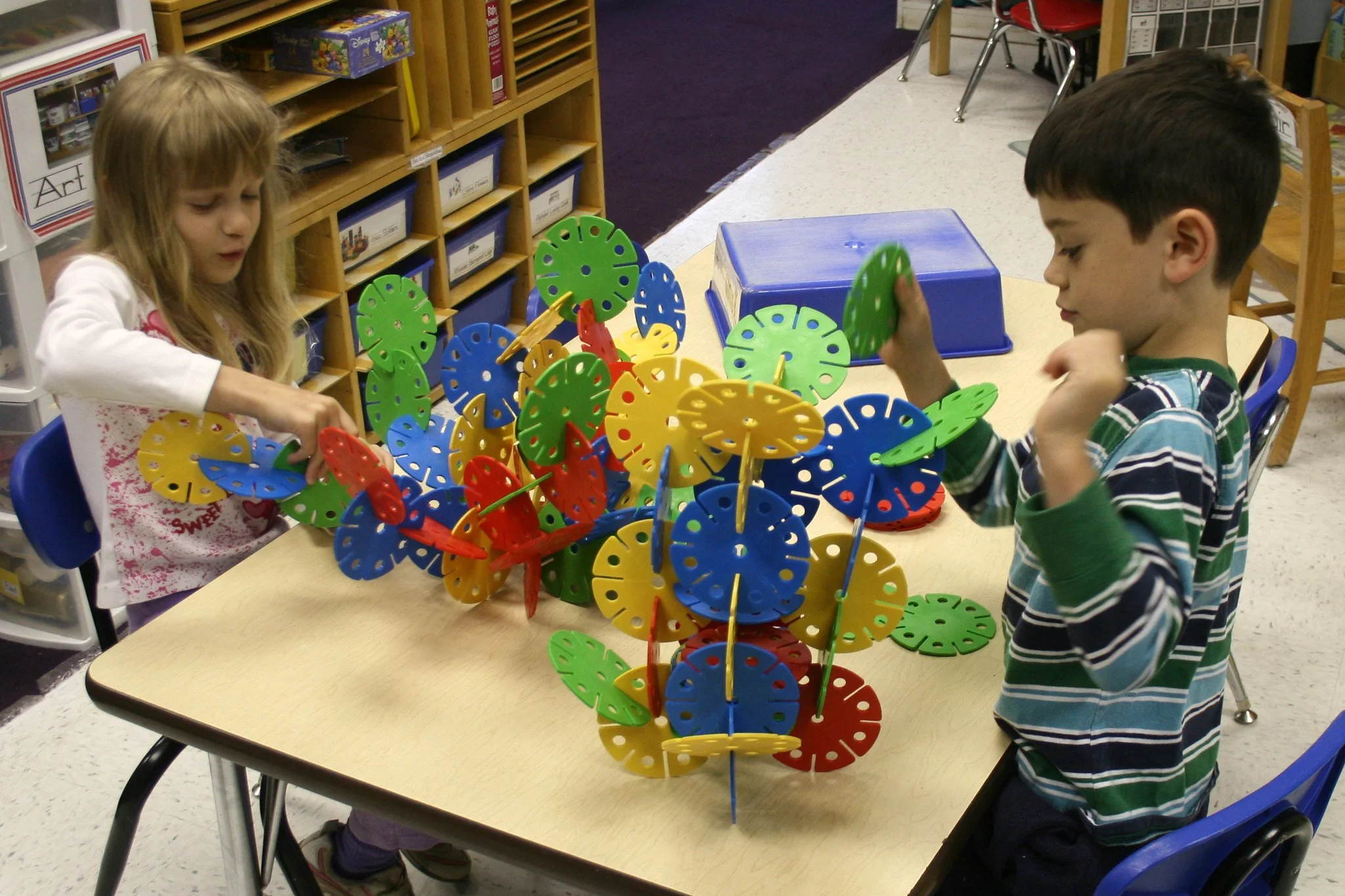#213 The Kids are Alright
Decades before high school students were walking out of school to protest ICE, they embraced political activism against the Vietnam War and in favor of school desegration and expanding civil rights. In a new book, scholar Aaron G. Fountain Jr. unearths the largely forgotten history of high school student activism, locating student groups, and underground newspapers, in every part of the country. And just like today, adults often reacted with suspicion, warning that ‘outside agitators’ were manipulating children, even calling upon the FBI to surveil their own children.
#212 We’re at each other’s throats. Schools can help.
Our ability to disagree has turned toxic, and frayed relationships are leaving Americans more isolated and lonely than ever. Can schools help? Educational psychologist Hunter Gehlbach is convinced that teachers hold the key by helping students learn how to disagree better. That is unless AI replaces all of the teachers first.
#211 Silicon Valley’s Vision for Schools is Trapped in a Cold War Fantasy
In the schools of the (near) future, teachers will be replaced by robots and learning will be personalized, allowing each student to move at their own pace. AI refuser and self-described ‘ed tech Cassandra’ Audrey Watters says that the vision of education being peddled by Silicon Valley today is virtually indistinguishable from the Cold War fantasy of futuristic schools. Watters makes the case that seventy years after the Soviets launched Sputnik into space, the US and its schools remain trapped in a ‘Sputnik moment.’
#210 The Curious Case of Kindergarten
Every year more than 3 million kids march off to kindergarten, a mysterious world about which adults know very little. Research psychologist Susan Engel, who has spent a lifetime studying how children think, play and learn, set out to change that, shining a light on an experience that is nearly universal and yet little understood. Twenty-nine classrooms, thirteen states and countless tiny chairs later, Engel offers a glimpse into the reality that is American kindergarten. Surprising, concerning, funny and hopeful, Engel's depiction will forever change the way you think about the first year of school.
#209 Make Education Great Again
The MAGA vision for public education isn’t just to dismantle it. Key parts of the coalition also want to reshape schools along religious and political lines. In this episode we hear from two experts about MAGA’s education project. Kevin Kumashiro tells us about the growing influence of Christian Nationalism, while Laura Fields, author of the new book Furious Minds, introduces us to the intellectuals of the ‘new right,’ for whom taking back America also entails taking back K-12 schools.
#208 ‘A Lifetime of Hardship’
Forty plus years ago, the Supreme Court ruled that denying immigrant students access to public education would impose a lifetime of hardship on them. Today, that landmark decision remains on the books despite the Trump Administration’s harsh crackdown on immigrants. We start the episode in Chicago, where schools and students have been caught up in Operation Midway Blitz. Then we revisit the Plyler decision, why it matters, and why state level efforts to roll back its protections are so dangerous.






